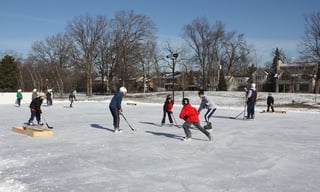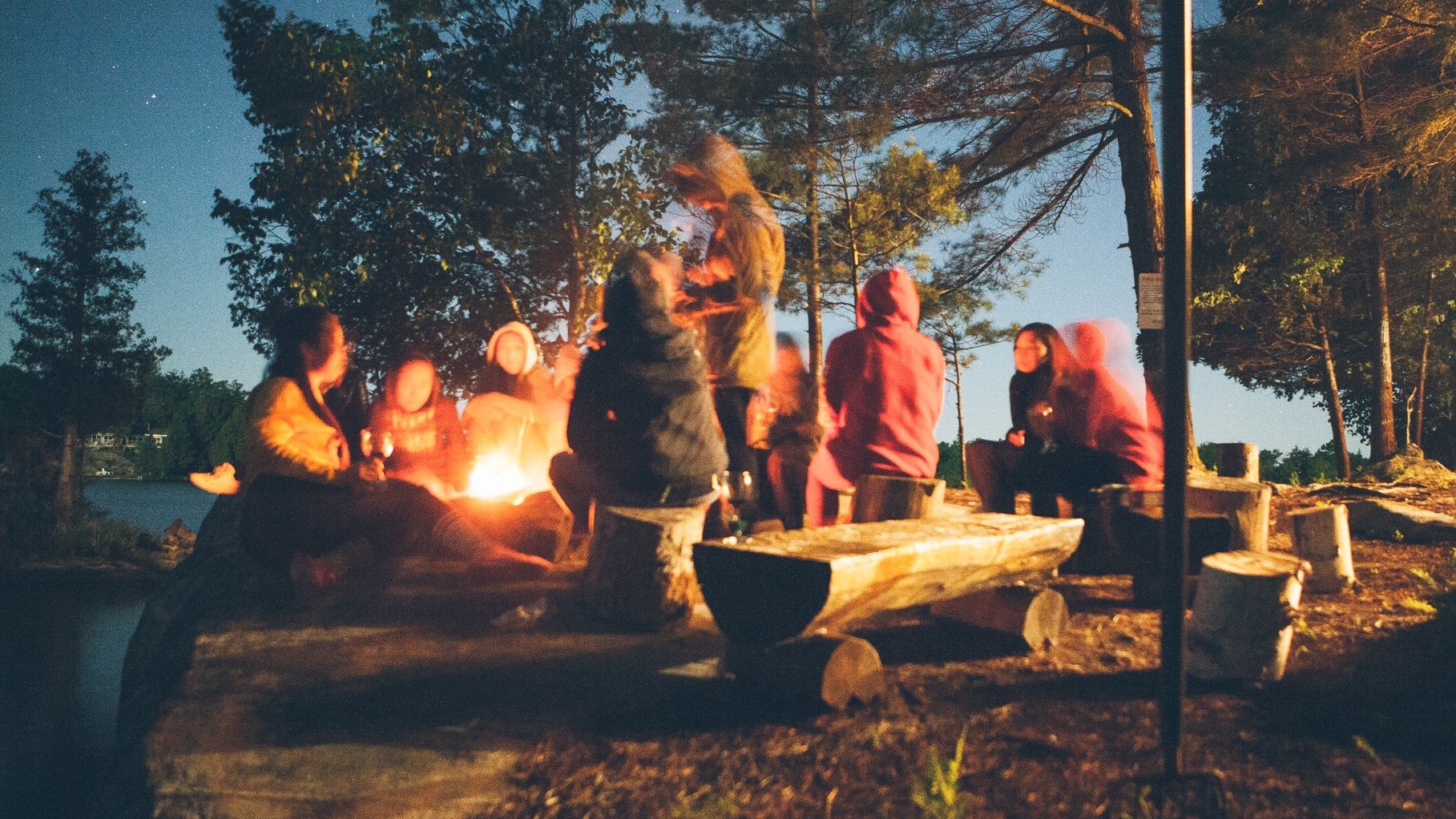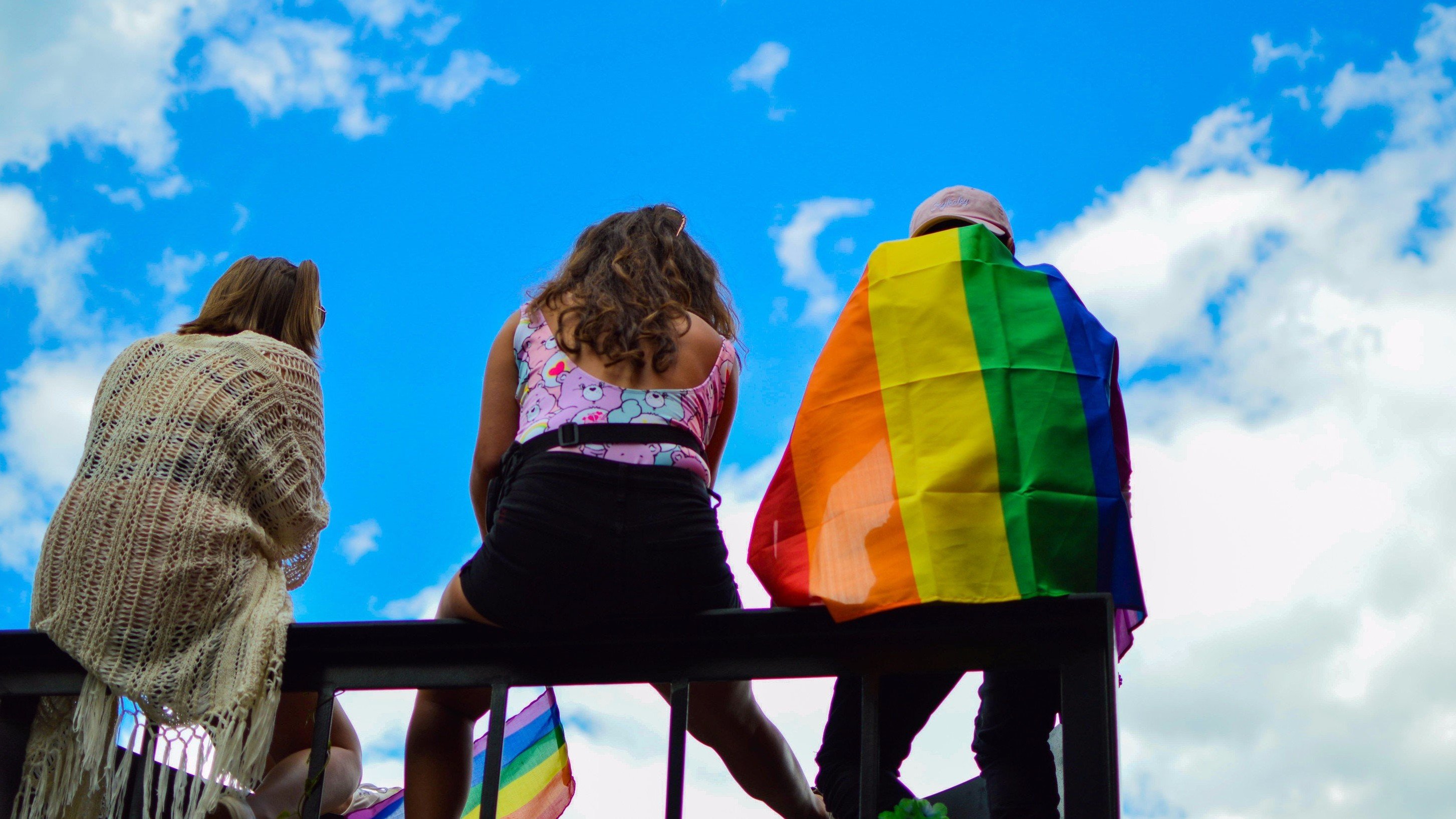Can we learn to play society together the same way we learn to play hockey? To answer this question, let’s look at how young children learn to play hockey.
First, before young children can even begin to play hockey, they must learn some basic skills: to skate forward, backward, in a straight line or turning while handling the puck with a stick. Although it is hard at the beginning, they eventually learn the basic skills.
Gradually they also start assimilating knowledge and mastering other skills associated with the dynamic of hockey.
- They learn the:
- Rules
- Role of the referees
- Role of the coach, the assistant coach, the manager, etc.
- They start to understand what they need to do individually on the ice depending on:
- What position they play;
- Where their teammates are;
- Where their opponents are; and,
- Who possesses the puck.
Depending on the age the children start to play as well as their interest and ability, it may take up to three or four years for a child to adequately possess the knowledge and the skills required to play the game well. The more competences they possess, the more privileges they gain – including the possibility of playing in higher level leagues. As has frequently been noted (e.g. by Malcolm Gladwell), this is a self-reinforcing cycle for the best players to become even better.
Why do children engage and persevere?
What makes children want to learn more and invest their time to become better? The fact that it is a game certainly helps. Furthermore, as it is also a social activity, it allows them to play with their friends. Parents also play a big role by encouraging and supporting them in this activity.
They are also encouraged because they are aware that:
- The main goal of the activity is to win the game.
- The two main objectives that they must accomplish to attain the goal are to:
- Score as many goals as possible; and,
- Prevent the other team from scoring.
Understanding the goal and the objectives of the game is very important for children because this knowledge guides their actions.
Can We Learn to Play Society Together?
Yes, we can learn to “play society” together, but like hockey, or any other team activity, we need a framework so that we can coordinate our actions. This framework has to include a clear goal as well as clear objectives. It must also identify the available resources as well as the knowledge and the skills citizens should possess to play their role efficiently.
A Societalogical Framework to Learn to ‘Play Society’ Together
Over the last 10 years, I have used the lenses of management to study societies and citizens. To be more specific, I have studied societies as organizations as well as studied the roles citizens play in these organizations, which is one of co-ownership.
Through this research I was able to develop the following societalogical framework.
Societal Goal:
All societies share an underlying common goal: Prevent, solve and manage the various social tensions, frictions and conflicts that naturally arise because we are social beings.
Societal Objectives:
In order to achieve this goal, most individual, group and collective actions performed in a society must facilitate the:
1. Development and social and societal integration of citizens
2. Development and the functioning of our collectivities
3. Development and the functioning of our governments
while:
4. Creating or maintaining an environment where citizens are free to develop as we wish and where
5. When appropriate, citizens restrain their actions to allow for the liberty of their fellow citizens
Societal Resources:
Although these resources vary in quality and quantity from one society to another, all societies have access to four types of resources: natural, human, abstract and transformed.
Citizen Competence:
Societalogically speaking, citizenship is viewed as a profession and citizens as professionals. To effectively play their role in their societies, citizens should possess three types of competences.
1. Personal: Obligations to oneself
2. Social: Obligations to others
3. Societal: Obligations to the community
This framework is generic and can be used to find solutions, facilitate change, increase engagement levels of citizens, optimize the use of societal resources and for strategic planning and team building purposes.
Learn More:
- Denis Pageau is a member of the Tamarack Community Engagement Community of Practice (CoP) and will be sharing ‘the basics on how to play society’ at our next meeting in April. Learn more about the Community Engagement CoP.
- Learn more about this research by viewing this presentation: Using the Lenses of Management to Better Understand Societies and the Role of Citizens
- Want to talk about this idea further? Get in touch with Denis at denis@denispageau.com






